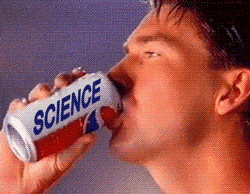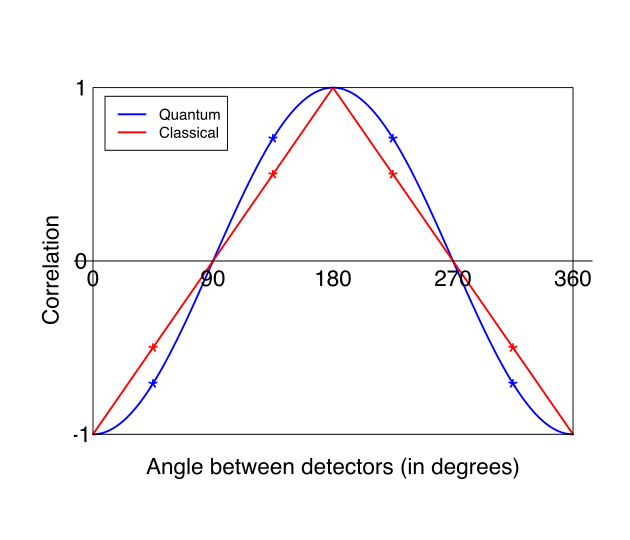This point was made by the guy who hosts Cosmos on Nat Geo in an interview with, I believe, Stephen Colbert. It's a great point, that once a theory is backed over and over by experimental proof it should no longer be considered speculation. To do so is invalid and therfore a waste of time.
That, in my opinion, is an incredibly flawed way to look at science and is at the root of what has been the issue for ages. Science should at ALL times be focused on the idea that what we currently know is wrong and always be searching for evidence as such. In many cases, what appears to evidence of science fact is in reality just a fundamental incapability of our tools to accurately observe our world.
As example, science could once "prove" based on observation that the earth was the center of our solar system. Based on the ability to observe our world at the time, the measurement fit. As our tools and ability to observe at a greater detail improved, suddenly our measurements no longer matched. The solution was to add additional orbits so that the old theory was "right" again based on observable measurements. That was wrong, yet we kept layering complexities on our previously theories rather than actually fixing them.
Now, look at this discovery. Yes, our previous theories suggested these waves would exist. However, now that we have improved our ability to observe, it appears that the theories were also very wrong about the size of the waves. Do you really think the solution is to add an orbit or is it far more likely our previous theories, while capable of accurately predicting an event based on inferior observations, are in fact based on a flawed understanding of the underlying cause?
None of this is a discredit to science. Quite the opposite, really. Science is at its best when we assume we are wrong and never stop trying to prove it. The moment we accept something as universally true based on current observation is the moment we stop making progress.





